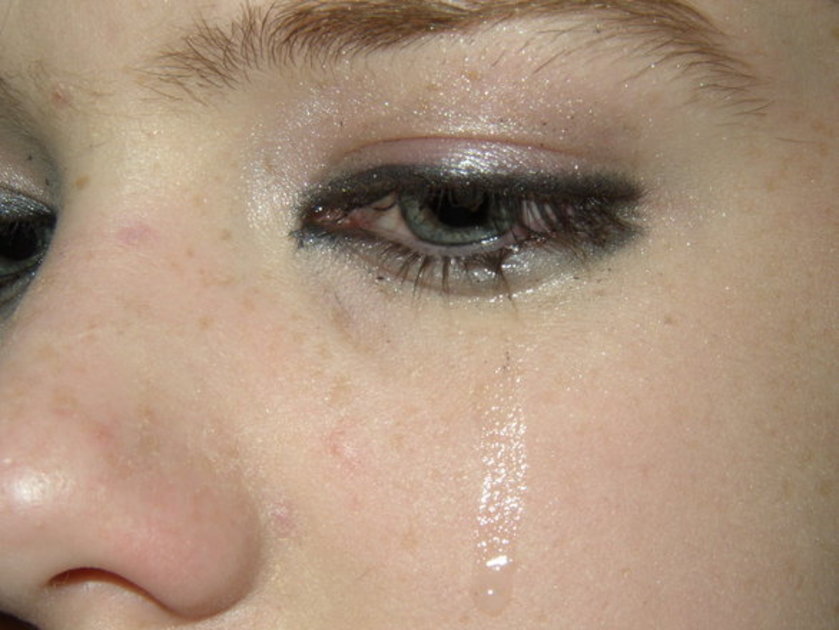
Dear Dr T.,
I was a very successful junior high Morah/mechaneches in a prestigious in town school. And, every year, mothers would come and complain about the mean girls who were bothering their daughters – excluding them, mocking and/or teasing, and generally making their lives miserable.
The thing is – that the girls they accused were often the products of the finest homes, models of derech eretz, or just all-around winners. So I was convinced that the girls who were bullied – and their mothers- were over-reacting or simply jealous of the other girls’ successes.
Of course I investigated: checked at recess, looked carefully at lunch, and monitored the situation very closely. Because I usually saw no sign of a problem, I would go back to the Moms and talk to them about their daughters’ poor self-esteem and their jealousy of the in-group. Though the Moms and daughters were quite persistent in their complaints, eventually they just had to give up.
So, why am I writing to you now? Fast forward fifteen years and I am one of those Moms – of a daughter who feels picked on by the mean girls. Now I am the one facing a disbelieving staff member who assures me that the students in the class are co-operative, wonderful, and incapable of doing what I am suggesting. In her mind, it is my daughter who is the problem. However, I do believe my daughter and feel upset by some of the tales she tells. But, I also know that when I was in the teacher’s position, I didn’t get it either.
So, who are these mean girls?
And why can’t adults see them and what they’re up to?
Dr T.,
The mean girl phenomenon is real and very much a subject of discussion today among professionals and parents alike. Unlike the boys who may be openly, and physically, aggressive, the mean girls use their words – and operate under the radar, far from adult view. Victims of these bullies can be anyone: from the class genius to the worst neb, from the girl who- has- everything [a threat] to the girl who- has- nothing [a perfect victim]. What the bullied share is the shame of the victim and the pain of not being believed. Women, many years after the fact, will talk about the agony they experienced because of the mean girls.
Mean girls are hard for adults to identify because they are often quite sophisticated and subtle. They work very hard to impress the adults in their life- assiduously doing their homework, getting 100’s or at least hi- 90’s, and volunteering for every chesed project. It is only when they are out of adult view that their reign of terror prevails. They are masters of manipulation and geniuses in escaping notice and are the picture of innocence when caught.
So, who are the mean girls?
-The over-indulged or the privileged who have developed feelings of entitlement. They have learned that they deserve to have things go their way and feel they have the right to treat others in a way that suits their own needs.
-The deprived who feel cheated of love, attention, money, or things. They are hurting and simply can’t worry about hurting others. They do what they feel they need to do to survive, and if that means putting your child down so that they can feel good about themselves, so be it.
-The products of negative role modeling. Unfortunately, we sometimes support a hierarchal system where some people are more important than others. Whether it is the local meshulach at our door, the beggar in shul with mental illness, or the non-Jewish help in our homes or businesses-we adults may speak, or act, in a disparaging manner to those less fortunate than ourselves. No wonder our children permit themselves to trample on the feelings of those they perceive as less than themselves.
-Poor social EQ [emotional intelligence]. These children lack social understanding and are blunt and hurtful in their dealings with others. Though they mean no harm, they have not yet mastered the language of thoughtfulness and thus may unintentionally hurt another. Whether this is the result of being born into a socially awkward family or a social skills deficit- this child is clueless about the fact that he is hurting others.
The mean girls exert tremendous power for two reasons.
-The included feel honored to belong and will toe the line to assure their position in the group. Because children are powerless, they will do anything to satisfy the Queen Bee whose clique offers them safety and position.
The excluded cannot find their voice. They are often confused and unclear about exactly what is going on. When they do speak up, they may sound whiney or strident and are easily written off.
Because it is hard to deal with a nameless threat, we have to see the mean girl phenomenon for what it is. We have to name the game: it’s bullying, not trouble getting along. Everyone – parents, school staff, and the students themselves-have to get on board and begin identifying the recognizable patterns. There are programs by Torah Umesorah and others that help staff identify and deal effectively with bullies. Ask your school to join the many schools that have instituted a zero-tolerance bullying policy.
I want to conclude by making a different kind of suggestion. Besides strengthening your daughter’s self-esteem, you want to provide support and encouragement so she does not join the mean girl clique. Because here’s the deal: bullies are not born, they are made. We are not born cruel or kind: our environment shapes our character and molds us into the people we become. So, there is much you can do to make sure that your daughter does not become a mean girl. By setting a good example – of fairness and respect for all- and modeling empathy and concern for others, you strengthen your daughter to become the best that she can be.
Reprinted from Jewish Home LA.

